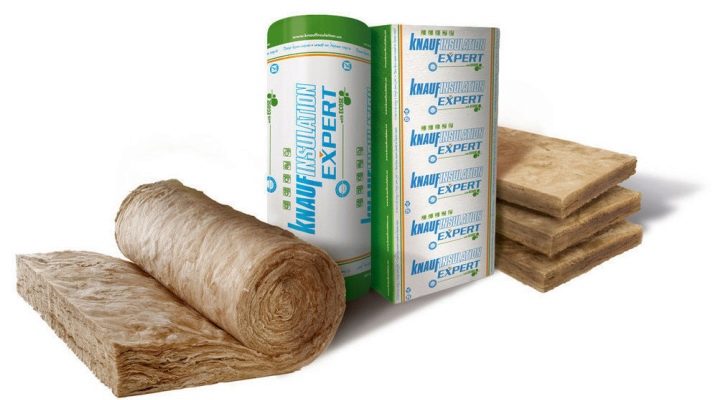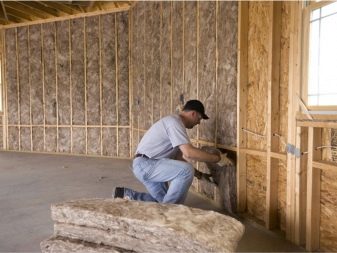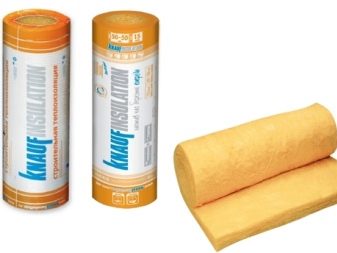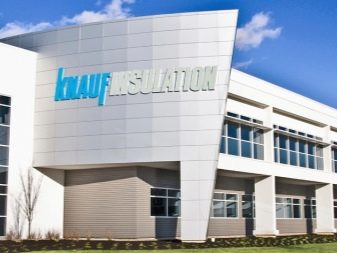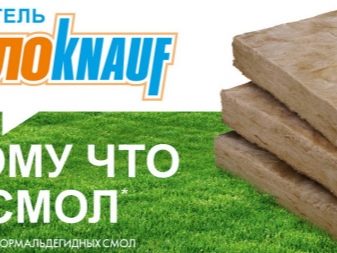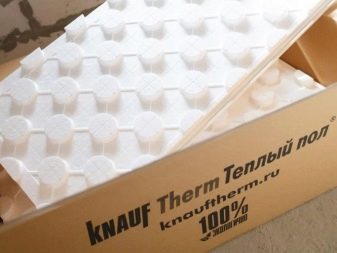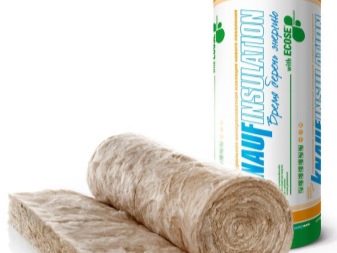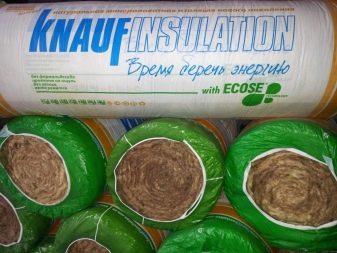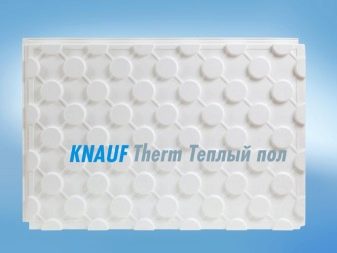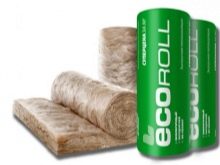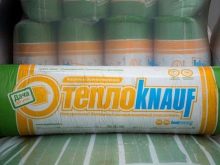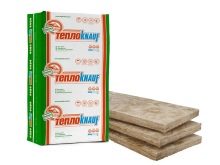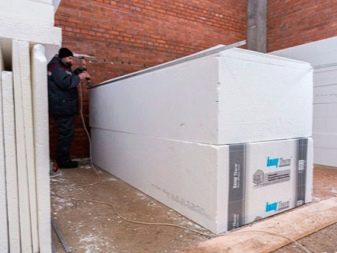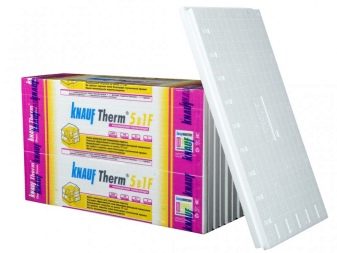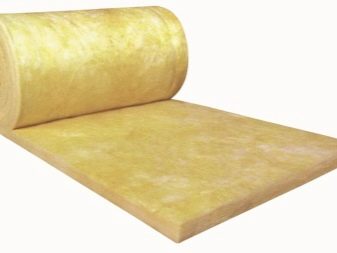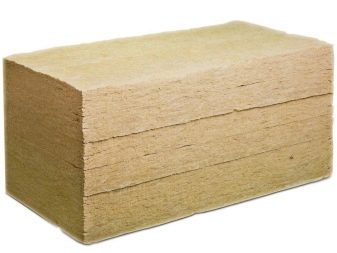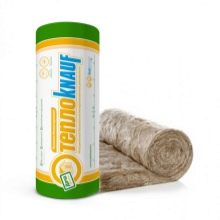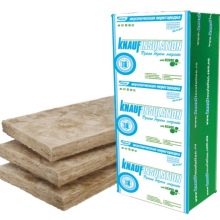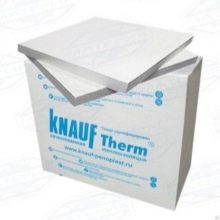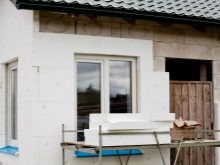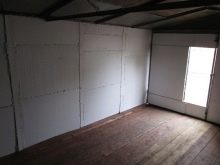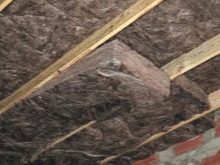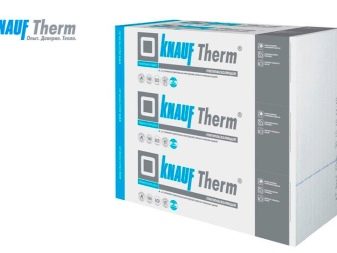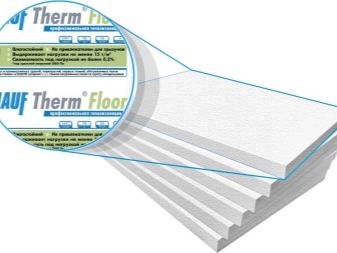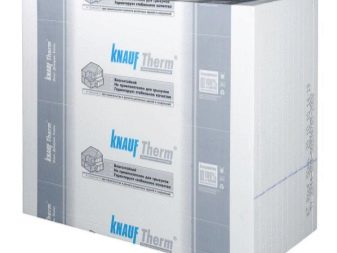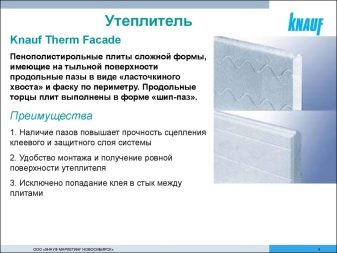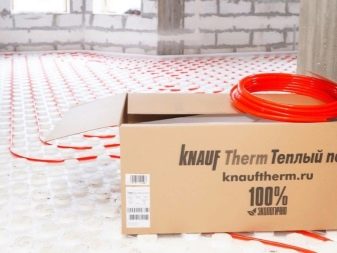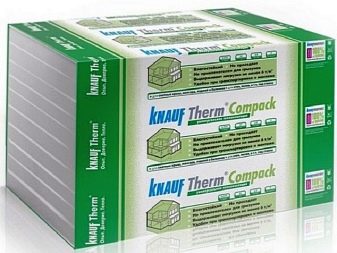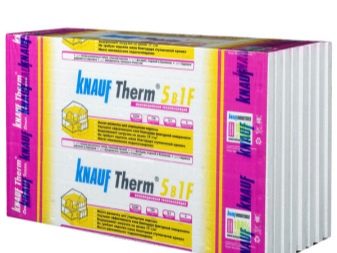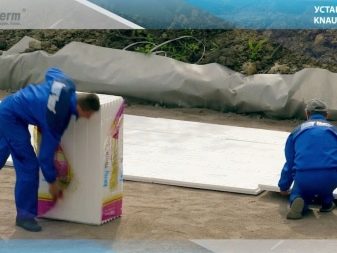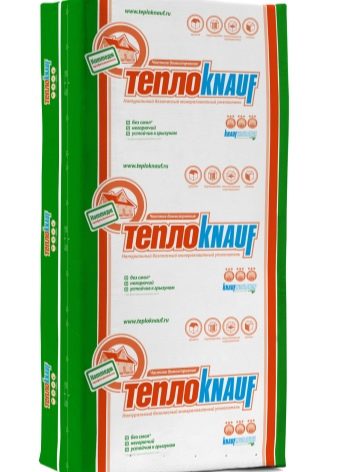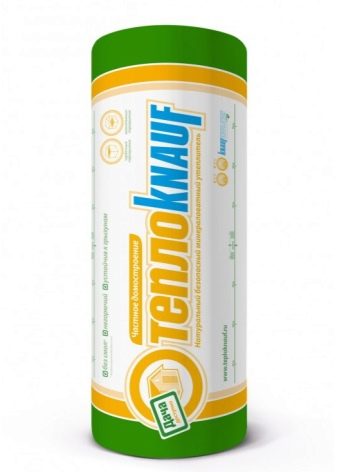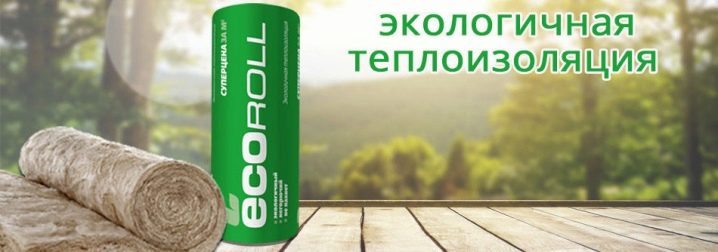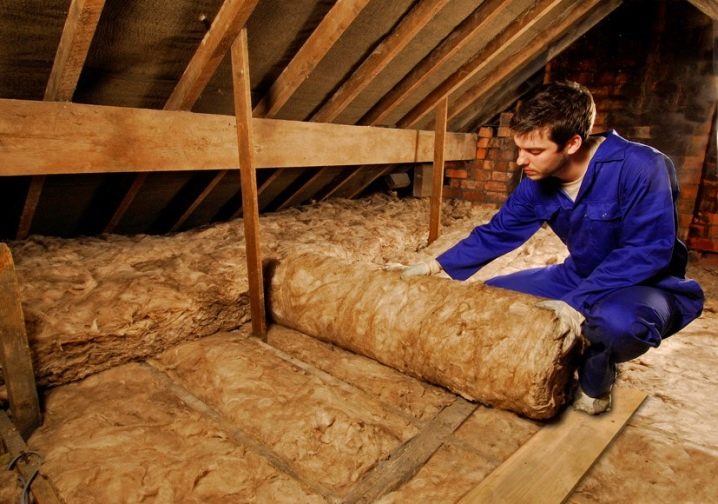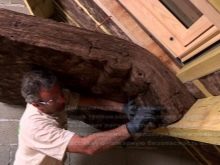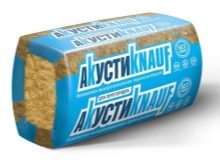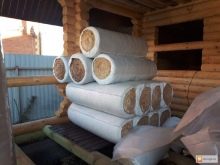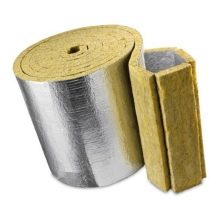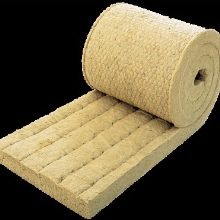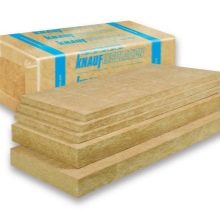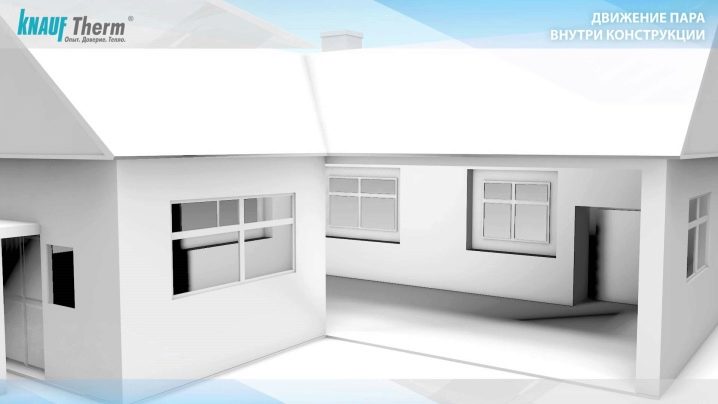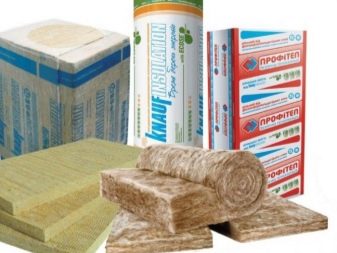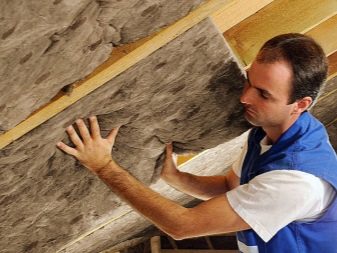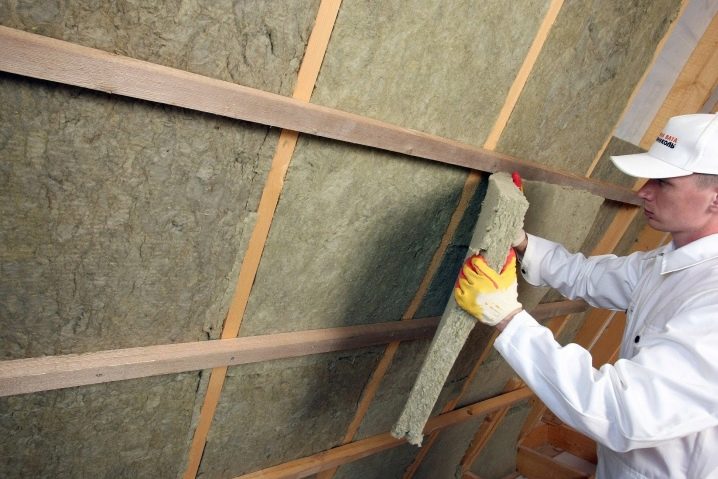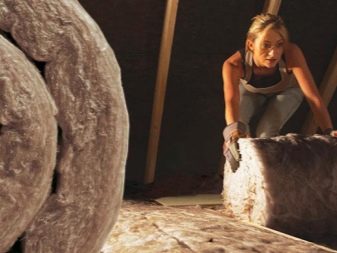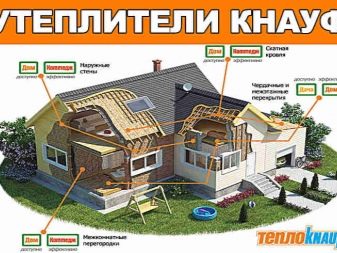Knauf Insulators: Types and Subtleties of Application
Heaters Knauf are the embodiment of the highest German quality and durability. The manufacturer produces mineral wool and polystyrene insulation for insulation of various objects and construction sites.
Special features
Knauf was founded in 1932 by the Knauf brothers in Germany. Initially, the main activity was the production of gypsum plaster mixes. Over time, the range has become increasingly diverse. In 1947, a plant for the production of plaster mixes was opened in Bavaria, and in 1958, the production of gypsum plasterboards began.
Since the 1970s, the company has significantly expanded its business.First, cement-based building mixtures appear, then construction chemicals, then structural parts and heat-insulating materials based on polystyrene and mineral wool.
In the domestic market, products appeared in 1993, and 10 years later the first Knauf factories in Russia appeared. Today they can be found in St. Petersburg, Kungur, Chelyabinsk and other cities.
Main settings
It is logical to evaluate the Knauf insulation according to the main criteria for all insulation materials:
- Thermal conductivity. Depending on the amount of heat the material conducts, its heat efficiency is determined. In other words, insulation should have the lowest possible thermal conductivity. Products of the brand under consideration have a thermal conductivity in the range of 0.31 ÷ 0.42 W / m × C, which allows to consider them as effective insulators. Thus, a polystyrene foam plate with a thickness of 12 mm can be compared in its heat-insulating qualities with the thermal efficiency of brickwork with a thickness of 450 mm or a concrete wall with a thickness of 2100 mm.
- Vapor permeability. The ability of a material to conduct moisture vapor, preventing them from being converted into water droplets and wetting of walls or finishing materials. Indicators - in the range of 0.02 ÷ 0.03 mg / (m × h × Pa).Polystyrene plates have the lowest rate, that is, are, in fact, non-permeable. In contrast, mineral wool is characterized by very good vapor permeability. This makes it the optimal (and practically the only) insulation for wooden surfaces.
- Moisture resistance. The best indicators of moisture resistance have polystyrene plates. They do not absorb moisture. Mineral wool insulators are afraid of water, so when installing them, it is imperative to consider the presence of a waterproofing layer. The manufacturer uses a special technology - it treats mineral wool with hydrophobic compounds, which somewhat increases its moisture resistance. If we compare glass wool and basalt insulation, the first one is less resistant to moisture.
- Compressive strength, resistance to deformation. Both types of material are suitable for loading surfaces, resistant to deformation. Mineral wool can be produced in rolls and placed in compact boxes, but after removing them, it takes on its original shape, no creases form on its surface.
- Biostability. Styrofoam in this respect loses mineral wool - it attracts rodents.
- Fire resistance. Mineral wool is a non-combustible material, which cannot be said about expanded polystyrene.
Among other characteristics, durability (mineral wool service life is up to 50 years, polystyrene foam boards are half as long), sound insulation qualities (mineral wool is also suitable for sound insulation), cost (stone wool has a higher cost).
The material has a different form of release (plates, mats, rolls for mineral wool, plates for expanded polystyrene), as well as various dimensions. Standard sizes: plate width - 1000 mm, length - 1000-1200 mm, width - from 20 to 150 mm. The most popular are products with a thickness of 50 mm and 100 mm.
What are they doing?
The main types of insulation produced at the Knauf factories are mineral wool and polystyrene foam.
The basis of polystyrene foam materials are air bubbles encased in polystyrene foam base. Next, the material is subjected to extrusion to improve performance.
Fiberglass is a filament of molten inorganic glass with the addition of sand, limestone, dolomite and other components.
Stone wool is made up of fibers produced from rocks.They are subjected to high-temperature processing, after which the threads are drawn from semi-liquid raw materials. They are formed into layers and further processed with hot steam, after which they are pressed.
Kinds
Depending on the material of production, Knauf products can be expanded polystyrene and mineral wool. Mineral wool, in turn, is divided into basalt and glass.
If the classification is based on the form of release of products, then there are rolled, plate materials, as well as mats. Minvatu in a roll conveniently laid on horizontal surfaces. Plates compared with mats have greater elasticity and a lower specific weight.
Depending on the installation method, it is possible to distinguish between insulants for those that are glued to the base and those for fixing which frame structures are provided.
Finally, depending on the field of operation, the materials are divided into 2 large groups:
- for internal insulation;
- for outdoor insulation.
In each group there is a more subtle differentiation - materials for walls, floor, ceiling. External warming is a front thermal insulation, warming of a roof, socle, cellar, interfloor overlappings.Accordingly, the facade needs a special insulation, roofing material may also vary (for pitched, flat roofs, etc.).
Facade insulation products are manufactured under a ventilated and non-ventilated facade, under plaster or mounted systems.
Brand series
The most popular are the following Knauf product series:
"Therm"
Polystyrene foam insulation that has a special treatment, thereby achieving an improvement in the technical properties of the material. It is characterized by versatility of use (suitable for insulation of industrial and private facilities), can be used on loadable surfaces up to road paving.
The material is based on foamed extruded polystyrene foam. The advantage of the material is a significant reduction in the toxicity of the product, which is achieved by replacing some of the hazardous components of the composition with completely safe (but more expensive) components. Chlorine-containing, phenolic and aldehyde compounds are absent in the products.
The thermal conductivity coefficient of the plates varies within 0.31 ÷ 0.42 W / m × C, and thermal conductivity - 0.02 ÷ 0.03 mg / (m × h × Pa), water absorption - no more than 2%.The material is characterized by a wide temperature range of operation.
Unlike usual polystyrene heaters, it is a low-combustible, self-extinguishing thermal insulator. Flammability class - G1-G3.
Depending on the application, the following are distinguished. subspecies "Heat Knauf" - "Roof" (material for warming roofs, attic and interfloor ceilings). Slabs, labeled as "Roof", are used for insulating flat roofs, "Roof NL" optimal for pitched structures "Roof Light" suitable for thermal insulation of ceilings from inside the premises.
For the insulation of walls produced plates "Knauf Therm Wall", for facades - "Knauf Therm Facade" (suitable for external insulation of walls, under different types of facades), for the floor - "Knauf Therm Floor" (withstand high compression loads, therefore, they are used not only for floor insulation, but also for floor surfaces in garages, they can be used directly under a concrete screed).
It is worth noting that the manufacturer produces a wide range of plates for floor insulation. If the room does not have a large load on the floor, you can save money by purchasing "Knauf Therm Concrete".
There is a special modification for the underfloor heating system - "Knauf Therm Warm Floor". These plates have a special relief, between the protruding parts of which are placed pipes for organizing a heated floor.
"Knauf Therm Compack" - this is a kind of slabs, not intended for large loads, but with a higher vapor permeability, which allows the material to be used for internal insulation of rooms.
Rugged slabs have completely opposite characteristics. "Knauf Therm Perimeter 5 in 1"which are also distinguished by their versatility - suitable for foundations, floors, walls. These plates have the highest technical performance among all other products of the manufacturer.
Improved strength performance due to the production technology - the material is immediately given the necessary dimensions before pressing, it is not cut from ready-made sheets. This, in turn, avoids damaged granules.
For ease of installation, the material has a stepped edge, due to which a sealed monolithic surface is formed.
"Warm Knauf"
Mineral insulation for private homes. Available in 2 versions - glass wool and basalt analogue.Depending on the density, it can be used in different parts of the house. Materials are adapted for use in residential premises, have elasticity.
The following modifications are distinguished:
- "Warm Knauf House" - universal insulation for private houses, in which year-round living is provided. Available in 2 versions - 50 and 100 mm thick.
- "Warm Knauf Cottage" - a heater in which the "three in one" approach is implemented. It at the same time protects the house from noise, interferes with heat losses and possesses the increased indicators of moisture resistance. Available in rolls and plates, the thickness of which is 50 mm. There is also a kind of “Cottage +” with a material thickness of 100 mm. Suitable for hinged facades and contact trim (for example, with “Grunband” plaster).
- "Warm Knauf Cottage" - insulation for cottages, temporary buildings, summer kitchens and other objects characterized by seasonal (only in the warm season) operation. Release form - rolls 50 mm thick.
In addition, there is an option for insulation of the roof (has improved moisture-resistant characteristics), material for floors.
For insulation of wooden premises there is a special series “Ecoroll” of high vapor permeability.
"Knauf Insulation"
Modification "Insulation" (in the past - "Heat Knauf Expert") is a stone fiber insulation designed for professional use. It differs in density, therefore, for each section of a construction object, it is possible to find the optimal kind of material.
Feature of products is the increased durability and durability. Form release - plates and rolls.
There are several modifications of this professional basalt fiber:
- "Knauf Facade" - available in 2 forms ("Thermo Plate 032" and "Thermo Plate 034") suitable for ventilated facades, as well as a component of sandwich panels.
- "Knauf Thermo Roll 040" - a heater in rolls for interfloor and garret overlappings, floors and all horizontal surfaces which are not providing load of a heat insulator.
- "Acoustic" - material in the form of plates and rolls, with enhanced sound insulation characteristics.
- "Pitched roof" - plates and rolls for pitched slabs and attic floors.
- "Knauf NTV" - material with foiled or fiberglass coating is used in the organization of ventilated facades for thermal insulation of industrial installations.
- "Knauf LMF AluR" - mats with foiled layer, due to the design features can be laid on uneven surfaces.
- "Knauf FKD" - plates of increased rigidity, having a reinforcing mesh of fiberglass on the outside. They are used as a facade insulation for plaster, as well as for sound insulation and protection against fire.
- "Knauf WM 640/660 GG" - rolled insulation for industrial use, having a reinforcement in the form of galvanized mesh on one side.
Advantages and disadvantages
The advantage of the material is its low coefficient of thermal conductivity.
If we talk about polystyrene foam plates, they have good indicators of moisture resistance. Since the insulation does not absorb moisture, it is the best option for thermal insulation of the foundation and plinth, as well as other sites of objects.
The wide scope of application is due to the low weight of materials, so they do not exert a high load on the supporting structures of buildings. In addition, the low weight of materials means lower transportation costs.
Polystyrene plates and mineral wool insulation of high rigidity have mechanical strength,therefore suitable for thermal insulation of loadable structures.
The downside is the flammability of the material on a polystyrene foam basis. Despite the presence of a special fire treatment, it still belongs to combustible materials.. And if we talk about mineral wool insulation, then their strength, on the contrary, is fire resistance. The melting point of stone wool is about 1000 degrees, glass wool - 500 degrees. This allows you to assign materials class NG (non-combustible). Another plus - with increasing temperatures, mineral wool does not emit toxic components, which is not the case with expanded polystyrene.
Undoubtedly, the manufacturer was able to greatly improve the technical characteristics of polystyrene plates, but the material still has a low vapor permeability, chemically unstable, unable to resist exposure to UV rays and attracts rodents. Finally, if, in addition to insulation, soundproofing functions are important for the user, then it is worth purchasing another material, for example, mineral wool.
The naturalness of the components of mineral wool insulation ensures their environmental friendliness.In terms of its thermal insulation qualities, it is not inferior to polystyrene foam plates. User feedback suggests that the popularity of stone wool, despite its higher cost, is due to the combination of high heat and sound insulation characteristics, bioproofness and durability in one material.
Of the minuses, it is possible to distinguish less water resistance, which requires the organization of waterproofing, the need for a respirator and working clothes (fibers irritate the mucous membranes of the upper respiratory tract, and glass wool penetrates the skin).
Usage tips
When insulating a private house and a cottage, it is recommended to combine specialized materials with products of the same series for roofing and floors.
When choosing a material, it is important to consider its scope. The thickness of the material will depend on the region of operation, the required thickness of thermal insulation, the material of the walls and finishing materials.
Review of Knauf insulation in the next video.
